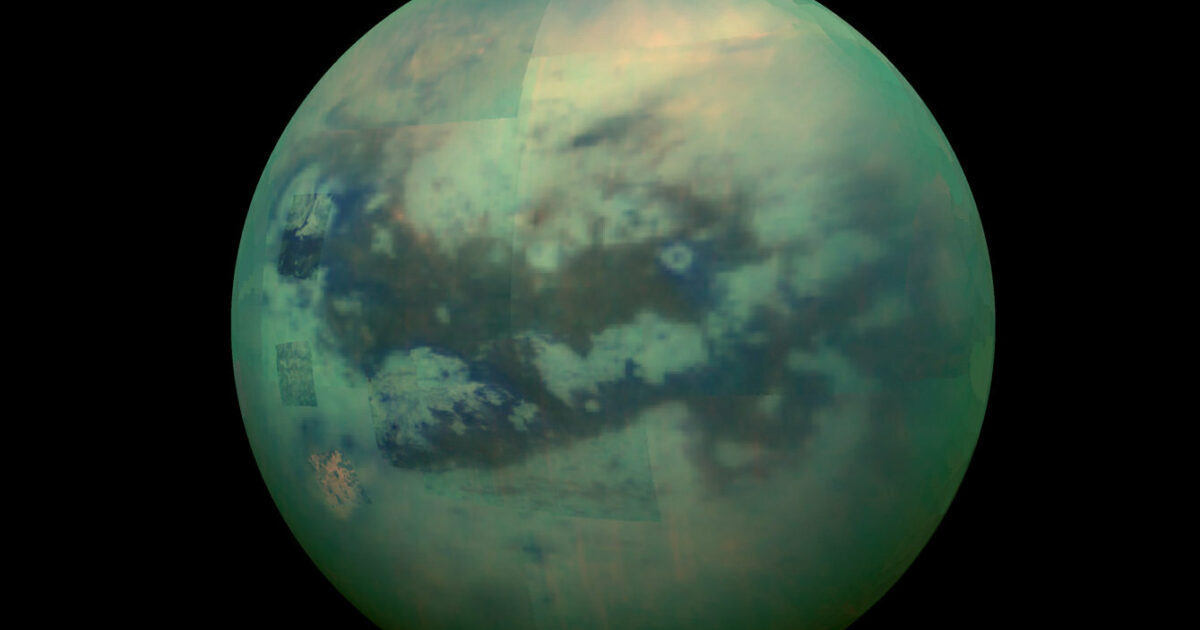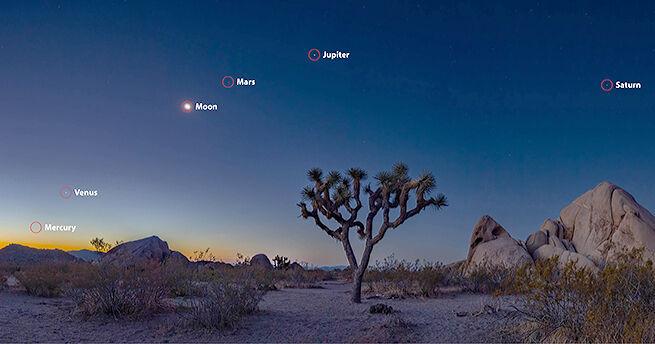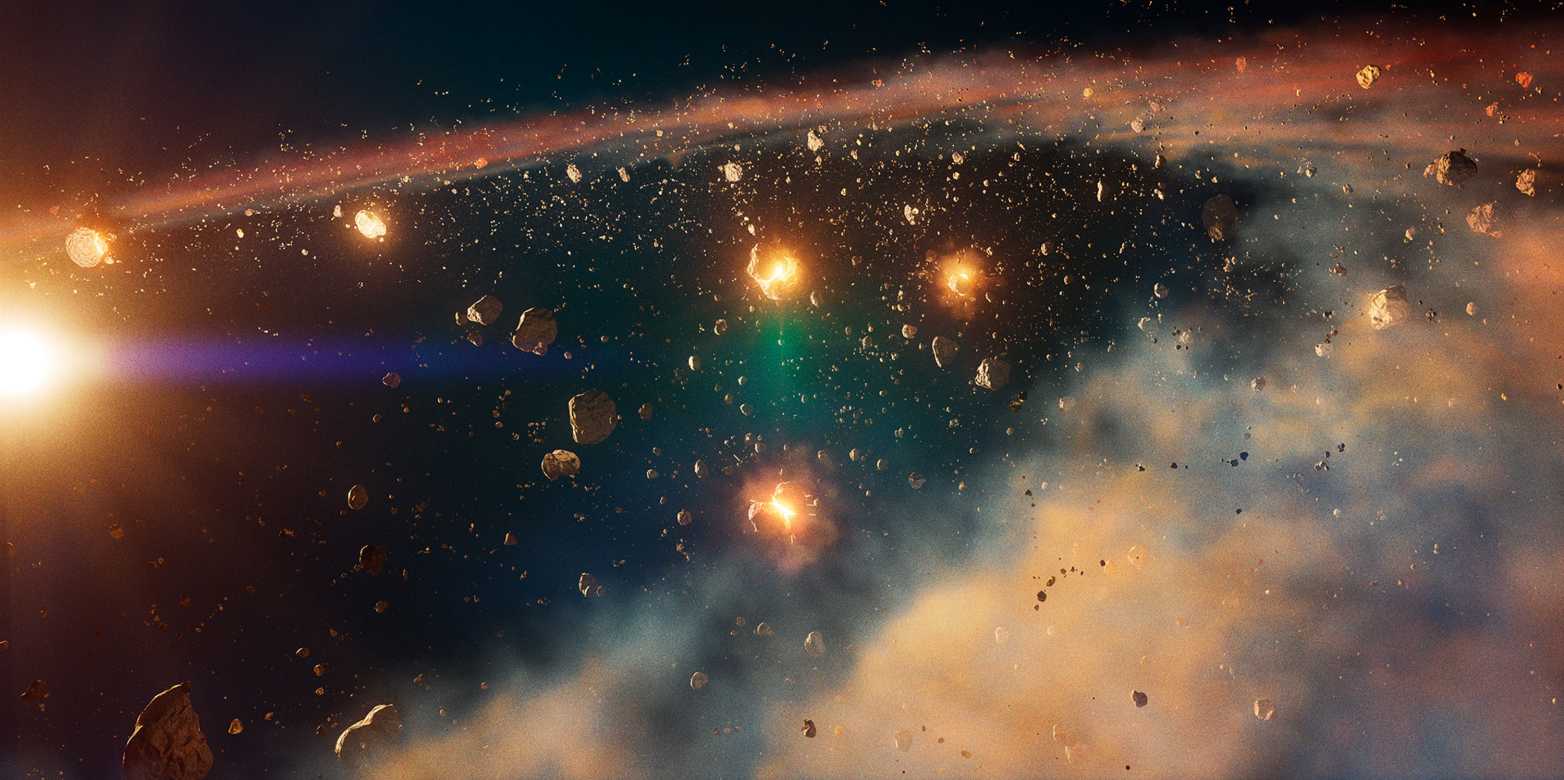All eight planets form a line in the morning sky in July

On June 8, NASA released information that the James Webb Telescope (JWT) was struck by a micrometeoroid damaging one of its mirrors in late May.
Objects in space are constantly at risk of being hit by debris. While the objects have little mass (think dust particles) they are traveling at enormous speeds giving them powerful force according to Newton's second law where force equals mass times acceleration.
How do planets get moons? | The Planetary Society

Where did our Moon come from? Nobody knows for sure, but studies of the 382 kilograms (842 pounds) of rock samples brought to Earth by Apollo astronauts point firmly to a fiery origin story .
Scientists think a titanic collision took place 4.5 billion years ago when the planets had just formed . A young Mars-sized planet named Theia collided with the newborn Earth. The impact ejected a huge amount of material.
5 planets are visible in July night skies; meteor shower peaks July 30

The shorter nights of summer will still offer a variety of events for skywatchers, with all five major planets on display.
Mercury will drop quickly from the morning sky, so try to spot the little planet 30 minutes before sunrise on July 1, when it will be 6 degrees above the eastern horizon for observers at mid-northern latitudes. Then it will pass around the far side of the sun and move into the evening sky.
What Planets Are Retrograde July 2022? Probably More Than You Think

I hope you enjoyed the hiatus, because July is bringing retrogrades back to the cosmos with a bang, and just in time for your summer vacation *cue collective groans*.
young woman reaching out towards camera as she thinks about the planets that will be retrograde in july 2022
Pluto is demoted - HISTORY
Planets and the moon in rare alignment | News | ...

Bruce Herwig II, a frequent contributor to the Redlands Community News, took this photo of the alignment of the planets and the moon, occurring from June 18 to June 27 in Joshua Tree.
Complete Chaos: Scientists Unravel the Early History of the Solar System

By ETH Zurich June 30, 2022 An artist's impression of the early solar system. Credit: Tobias Stierli / Flaeck / PlanetS
An international team of researchers led by the ETH Zurich and the National Centre of Competence in Research PlanetS has more accurately recreated the early history of several asteroids than ever before. Their findings suggest that the early solar system was more chaotic than previously assumed.
China's new plan to find 'Earth 2.0 ET' - Science News

The Chinese mission statement claimed that the 'transit and the microlensing telescopes will revolutionise our understandings of terrestrial planets across a large swath of orbital distances and free space."
According to reports, the Chinese Academy of Sciences (CAS) has launched a project called "Earth 2.0 ET" which seeks to find a planet similar to Earth orbiting a Sun-like star.
Army of the Alien Monkeys
Earth is nice. We want it.
We welcome your submission to us.
Comments
Post a Comment